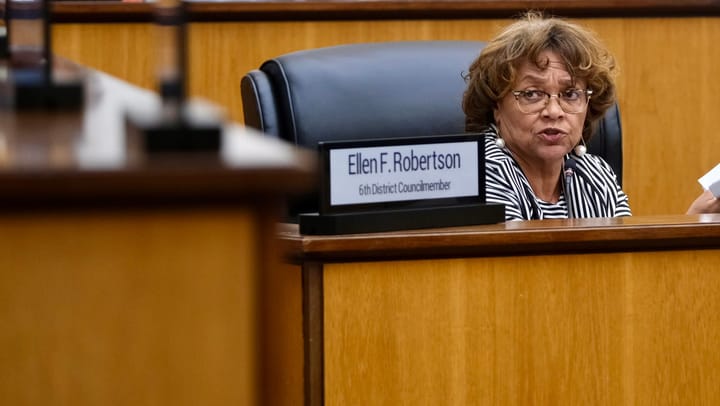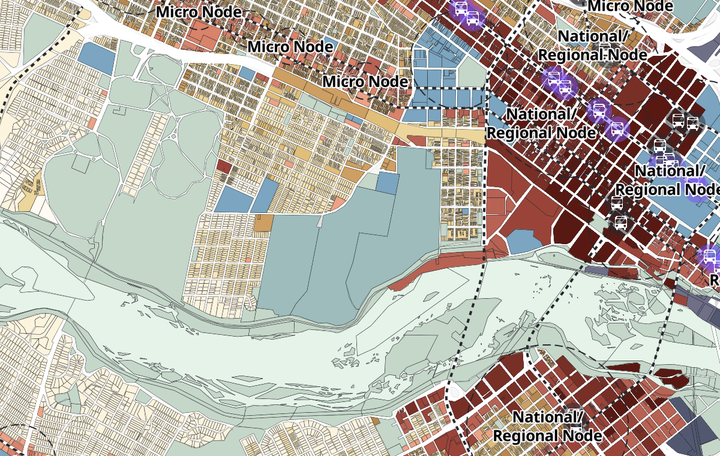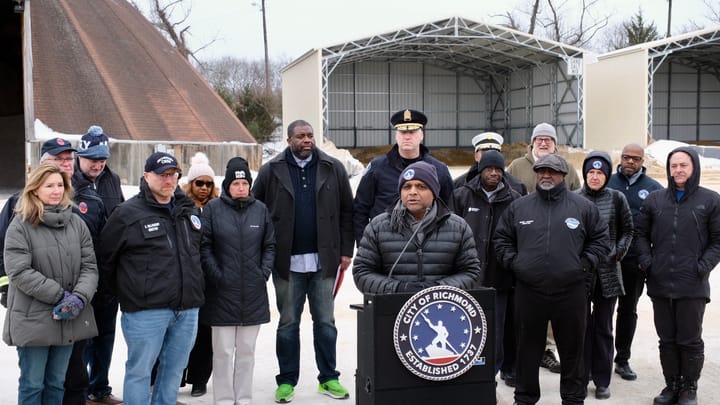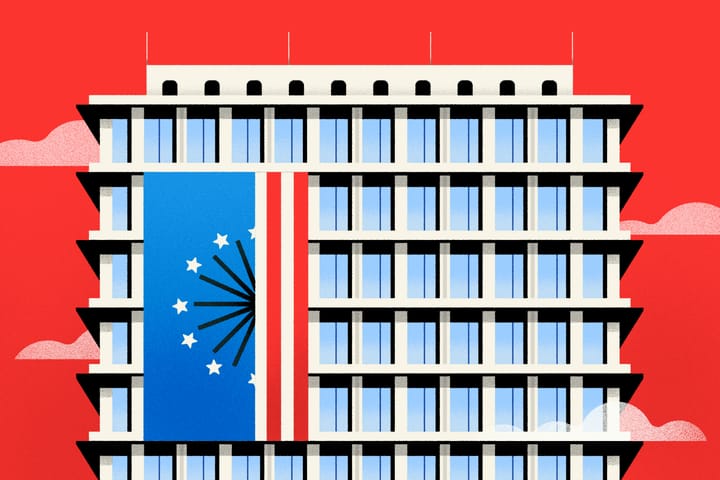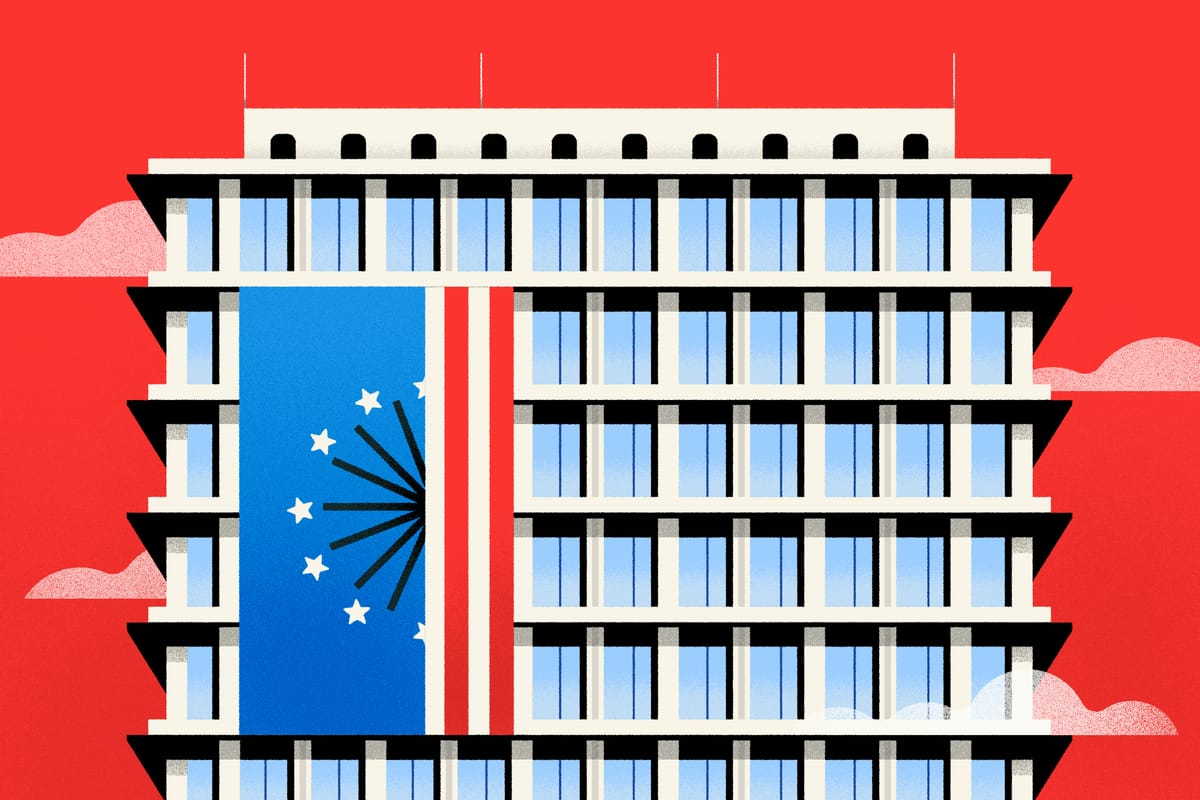
Avula admin recommends keeping ‘status quo’ on wages for contract city workers
After being asked to explore the possibility of paying contracted janitors and security guards Richmond’s $20 minimum wage for city government employees, Mayor Danny Avula’s administration wants to “keep the status quo” to avoid higher costs.
The City Council passed a resolution earlier this year directing officials to study the city’s options for raising the workers’ pay, either through adding wage rules to the contracts with private companies or by converting the workers to government employees.
Bringing the workers in-house would nearly double the city’s costs for security and custodial services at City Hall and other public buildings, according to a Nov. 1 report from Chief Administrative Officer Odie Donald II.
If the Council wants to ensure the workers get $20 an hour, the administration wrote, it should do so by adding wage provisions to existing contracts. That too would raise costs for the city, according to the report, adding more than $1 million annually to both the security and janitorial contracts.
“As such the administration’s recommendation is to keep the status quo, with a renewed focus for contracting on wage equity,” the report says.
The wage study grew out of a push by several Council members’ to raise compensation for people doing some of the lowest-paid work for the city at a time when higher-ranking government employees with six-figure salaries were getting 3.25% raises.
It’s not yet clear how the Council will respond to the report and its recommendation to mostly keep things as they are. The Council received the report, which had a Nov. 1 due date, over the weekend.
The Council recently rejected a push to lower Richmond homeowners’ property tax bills. Officials instead chose to allow taxes to increase along with rising property assessments after the Avula administration argued, in part, that the extra money was needed to continue investing in the city workforce.
Richmond’s rising property values have given a significant boost to city tax revenues over the last few years, but officials won’t be able to count on as much growth in the upcoming budget year. To realign the assessment cycle with the budget cycle, the city won’t reassess property values next fall. The next reassessments won’t happen until the spring of 2027, which means officials will likely have to pass a leaner budget in the spring.
“The City is faced with a unique set of circumstances ranging from federal uncertainty, frozen tax assessments, rising costs of goods and services, and increased labor costs,” Mayor Danny Avula said in a statement to The Richmonder. “Taking these factors into consideration, the current recommendation is to maintain a contracting model for janitorial and security services. At the same time, I have tasked the CAO to continue exploring a more comprehensive procurement framework that balances long-term fiscal responsibilities with equity impacts.”
The administration said it’s planning a more comprehensive analysis of all contracted city services and how the workers involved in those contracts are paid. That review is expected to take around six months.
In its report, the administration struck a tone of caution on the idea of getting the contract workers to $20 an hour through contract revisions, even though it would be the less expensive of the two options. Adding minimum wage rules to some city contracts, the administration report says, would create “voluntary and unrequired pressure on free market forces,” as well as raising fairness issues and broader cost pressures if others doing contract work expect the same treatment.
“Janitorial and security services represent a small portion of the city’s overall contracted workforce,” the report says. “Other contracted labor — such as landscaping, maintenance, and technical services — is not currently subject to city wage benchmarks.”
Virginia’s minimum wage is currently $12.41 per hour. There is no local minimum wage law for private employers, but the city has set a $20 minimum wage for its own workforce. Because contract workers are employed by private companies hired by the city, the $20 minimum wage doesn’t apply to them.
The city currently pays about $3.8 million a year for its janitorial contract with Nu-Tech Janitorial Services. If the janitors were bumped from $15 an hour to $20, that contract would rise to about $4.9 million. If the city were to make the janitors government employees subject to city benefits and collective bargaining agreements, the projected cost would be around $9.2 million.
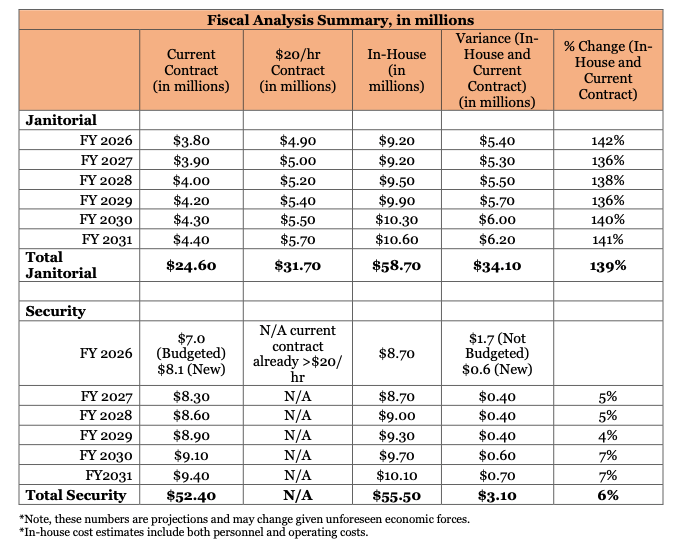
The city recently revised its building security arrangements, awarding Inter-Con Security a contract to exclusively use armed guards who are expected to make $20 an hour or more due to market rates for guards with higher levels of training and responsibility. That change added about $1.1 million in costs, while reducing security guard staffing levels overall. The new security contract costs roughly $8.1 million in the current budget year, compared to an $8.7 million estimated cost if the guards were made city employees.
The city’s projections were based on needing 125 custodians and 102 security guards, a combined total of 227 employees.
In its report, the Avula administration warned against taking on new spending obligations given the lingering uncertainty over the federal government shutdown.
“Beyond technical fiscal challenges, the city should also consider public perception,” the administration wrote. “Increased discretionary spending while essential services face constraints will continue to erode public trust.”
The administration has not yet revealed the size of the city’s budget surplus for the fiscal year that ended June 30. That number is an important indicator of the city’s budgetary health, showing how tax revenues are or aren’t aligning with spending levels.
According to the city code, the administration must deliver a surplus report to the Council by Nov 15.
Contact Reporter Graham Moomaw at gmoomaw@richmonder.org
The Richmonder is powered by your donations. For just $9.99 a month, you can join the 1,200+ donors who are keeping quality local news alive in Richmond.


